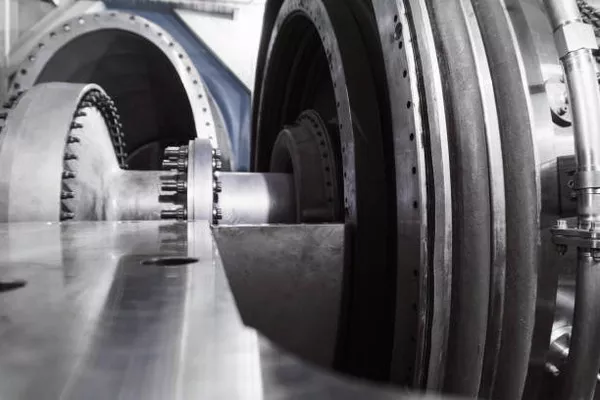Air conditioners have become an integral part of modern living, providing comfort by regulating indoor temperatures. Behind the scenes, a crucial component plays a pivotal role in the cooling process – the compressor. The compressor is the heart of an air conditioning system, responsible for pressurizing and circulating the refrigerant, ultimately facilitating the heat exchange process that leads to cool, refreshing air. In this article, we will delve into the workings of a compressor in an air conditioner, exploring its functions and significance in maintaining optimal cooling performance.
The Basics of Air Conditioning:
Before we delve into the compressor’s role, it’s essential to understand the fundamental principles of air conditioning. Air conditioners operate on the principles of thermodynamics, utilizing a refrigeration cycle to transfer heat from inside a building to the outside environment. The primary components involved in this process include the evaporator, condenser, expansion valve, and, of course, the compressor.
How a Compressor Works:
The compressor serves as the workhorse of the air conditioning system, responsible for compressing the low-pressure, low-temperature refrigerant gas and converting it into a high-pressure, high-temperature gas. This transformation is crucial for the refrigeration cycle to effectively remove heat from the indoor space.
Compression Process: The compressor starts the cycle by drawing in the low-pressure refrigerant gas from the evaporator coil. As the gas enters the compressor, it undergoes compression, resulting in an increase in both pressure and temperature. This compressed gas is then forced into the condenser coil.
Condensation Process: In the condenser coil, the high-pressure, high-temperature gas releases heat to the external environment. As a result, the refrigerant undergoes a phase change, transitioning from a gas to a high-pressure liquid.
Expansion Process: The high-pressure liquid then passes through the expansion valve, where it undergoes a rapid expansion, leading to a drop in pressure. This process causes the refrigerant to become a low-pressure, low-temperature liquid-gas mixture.
Evaporation Process: The low-pressure refrigerant enters the evaporator coil located inside the building, where it absorbs heat from the indoor air. This absorption causes the refrigerant to evaporate, turning back into a low-pressure gas. The cycle then repeats as the compressor draws in this low-pressure gas to initiate another compression process.
Importance of the Compressor:
1. Heat Transfer:
The primary purpose of the compressor is to facilitate the efficient transfer of heat. By compressing the refrigerant, the compressor elevates its temperature and pressure, enabling it to release heat outside during the condensation process and absorb heat inside during the evaporation process.
2. Energy Efficiency:
The compressor significantly influences the overall energy efficiency of an air conditioning system. Modern compressors are designed with energy-efficient technologies to minimize power consumption while maximizing cooling performance. Variable-speed compressors, for example, adjust their speed based on the cooling demands, optimizing energy usage.
3. Temperature Control:
The compressor plays a vital role in maintaining precise temperature control within a space. The compression and expansion processes ensure that the refrigerant can effectively absorb and release heat, allowing the air conditioner to achieve and maintain the desired indoor temperature.
4. System Longevity:
The reliability and durability of an air conditioning system are closely tied to the performance of the compressor. Regular maintenance and proper care of the compressor contribute to the system’s longevity, ensuring consistent cooling performance over the years.
See Also What Does A Compressor Do To Audio
Advanced Compressor Technologies:
As technology advances, so does the efficiency and performance of air conditioning compressors. Some noteworthy advancements include:
Inverter Technology: Inverter compressors are capable of adjusting their speed based on the cooling requirements, providing precise temperature control and reducing energy consumption.
Scroll Compressors: Scroll compressors are known for their quiet operation and enhanced efficiency. They use a unique scroll design that minimizes energy losses during compression.
Variable-Speed Compressors: These compressors can operate at varying speeds, adapting to the specific cooling needs of a space. This flexibility not only enhances energy efficiency but also extends the lifespan of the compressor.
Conclusion:
In conclusion, the compressor is the cornerstone of an air conditioning system, playing a crucial role in the refrigeration cycle that enables the transfer of heat and the regulation of indoor temperatures. Understanding the functions and significance of the compressor sheds light on the intricate processes that contribute to the comfort we enjoy in our homes and workplaces. As technology continues to evolve, we can expect further innovations in compressor design, leading to even more efficient and sustainable air conditioning solutions in the future.


